I’m almost never invited to funerals anymore. I laugh too much. Psychology says it’s a coping mechanism, my friends insist my dark, nihilistic sense of humor is to blame. I think it’s the bodies. I’ve never understood why a person would want crowds of people gazing at their embalmed husk, distant relatives and former schoolmates shuffling their way past a cushioned casket — a macabre conga line dancing to the sounds of sobs and wails and quiet belching. (Grief wreaks havoc on the gut.)
All this to say, watching a Yorgos Lanthimos film feels eerily similar to going to a funeral. There’s an element of absurdity, artificiality. Sadness. Mess. And a steady undercurrent of bleak, revealing humor.
With just a handful of feature films, Lanthimos has welcomed English-speaking audiences to the world of Greek Weird Wave – an experimental style of filmmaking pioneered by Lanthimos, Athina Tsangaris, Panos Koutras, Yannis Economides, and Alexandros Avranas. Soaked in surrealist imagery and existentialism, centering protagonists that are discontented with their realities (however heightened and strange they may be), Greek Weird Wave is a cinematic style born from the country’s sociopolitical troubles that reached their height over a decade ago.
For Lanthimos, the technique manifests with morbidly funny dialogue, fantastical settings, jarring physicality, and idiosyncratic characters searching for meaning, purpose, and a way to rebel – against societal standards and the darker parts of man’s nature. A Lanthimost (Lanthimosian?) film can be bizarre, provocative, disturbing, confusing, and comical. It’s not the kind of comfort watch or action-packed blockbuster built to please crowds. It exists to make us think, even as we marvel at the perverse imagination that can be conjured by the human mind.
In other words, should you ever forget how fucked up people can be, just take a trip through Yorgos Lanthimos’ filmography. We’ve even created a handy guide.
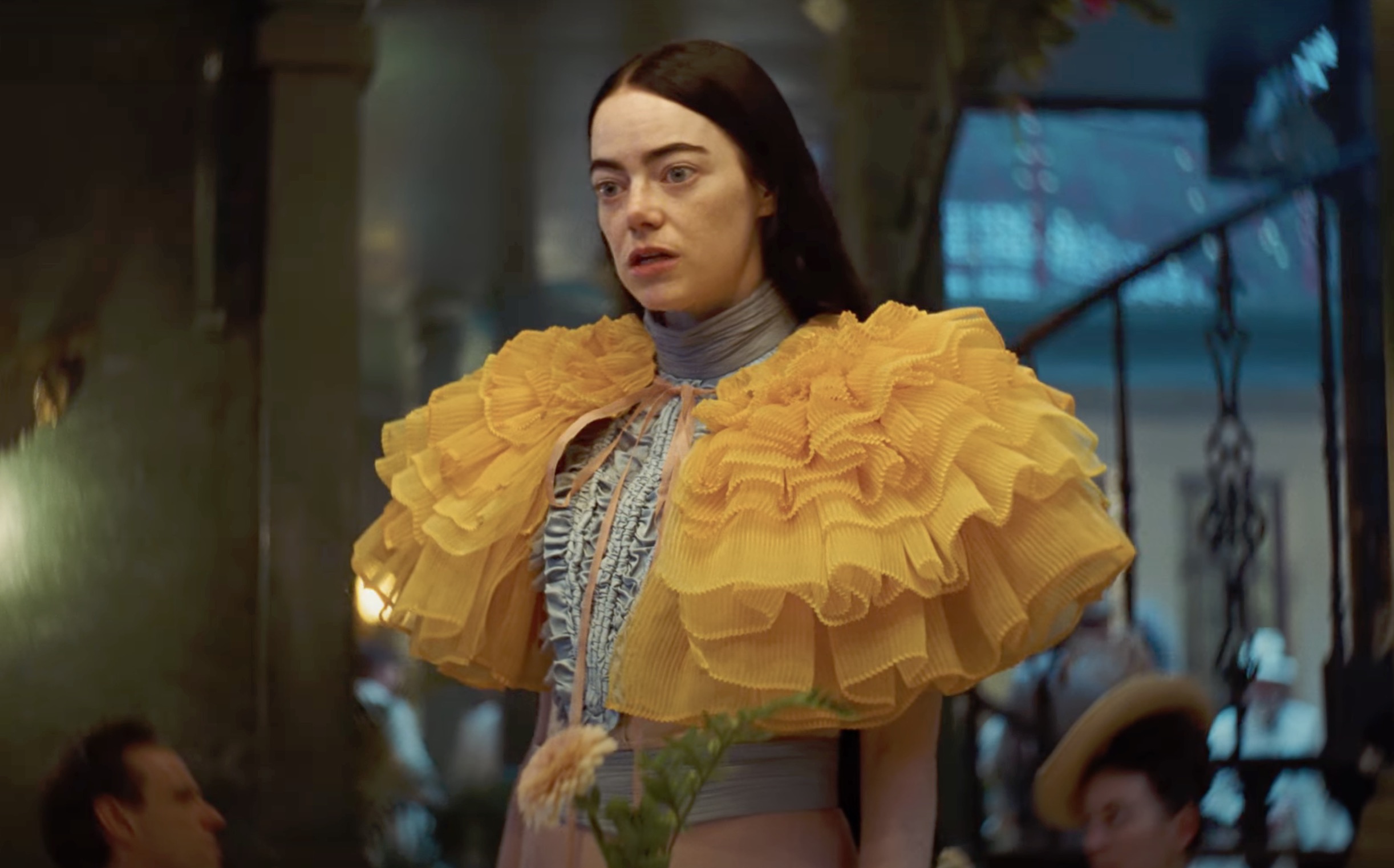
Poor Things (2023)
There’s something undeniably shocking about Poor Things, the revisionist Frankenstein so twisted and strange that it’d likely impress Mary Shelley herself. (She did, after all, seduce a man at her mother’s gravesite.)
Emma Stone plays Bella Baxter, the bewitching, unorthodox science experiment of a tortured genius she aptly refers to as God (Willem Dafoe). A newborn whose brain is implanted in the corpse of her mother, Bella is insatiably curious, learning to walk, talk, and think for herself as a child would while also grappling with more feminine urges her male caretakers often balk at. When she escapes her comfortable prison to go on a European adventure with a smarmy, lascivious lawyer named Duncan Wedderburn (a deliciously debauched Mark Ruffalo, having the time of his life), she makes even more important discoveries — about her desires, her potential, and her purpose.
Filmed initially in grainy black-and-white with a fish-lens focus that makes the audience feel like the a Peeping Tom, Lanthimos introduces more color, more frill, and more bodily autonomy by way of his heroine as she learns of the world and her prescribed place in it. Stone is magnificent, physically contorting herself in ways both comical and awe-inspiring as Bella is given agency to steer the course of her destiny. And, unlike most of the other films on this list, Lanthimos challenges his storytelling instincts by giving us a quietly happy ending that feels both surprising and earned.
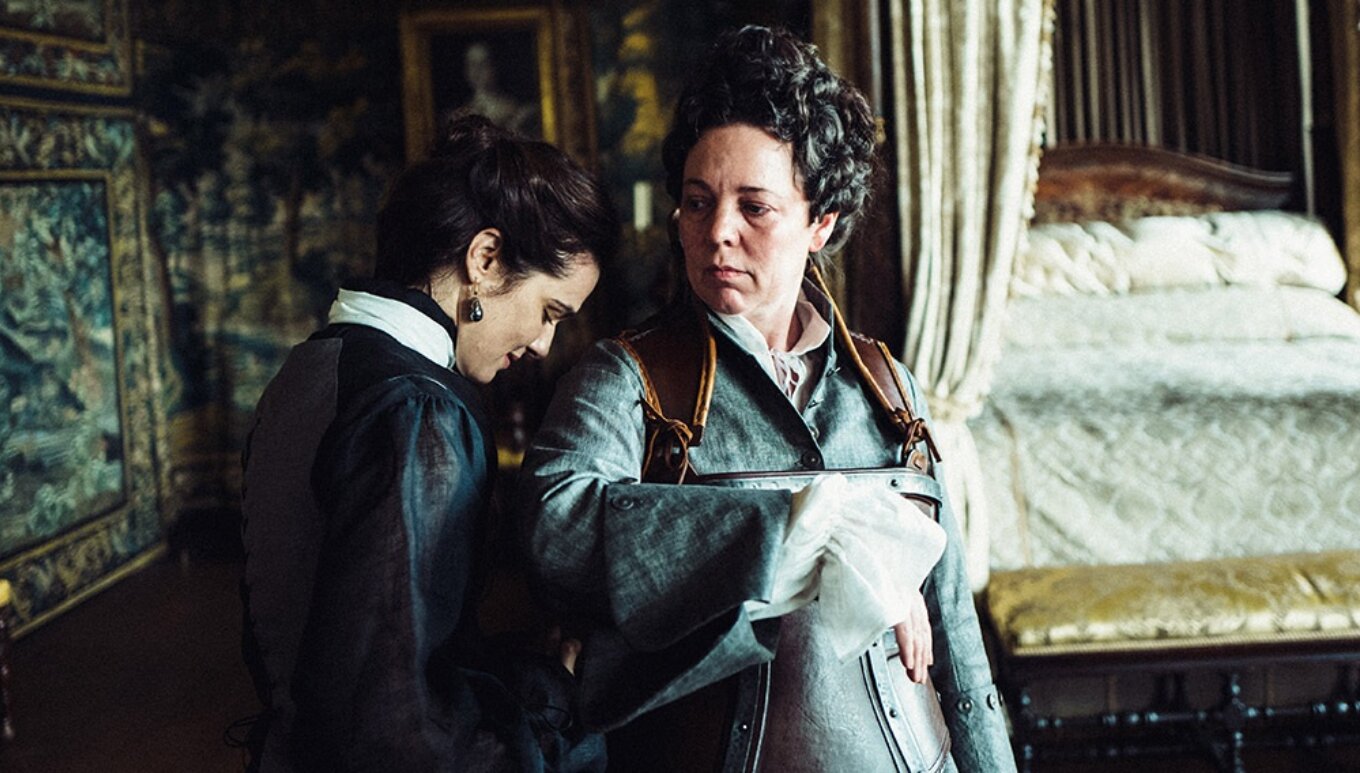
The Favourite (2018)
Set against the backdrop of 1700s England, during the reign of Queen Anne, this opulent, off-kilter comedy doubles as a lavishly-costumed feminist orgy. Here, the primal hungers of women govern court and country more than the machinations of power-hungry men as Rachel Weisz and Emma Stone scrap and scheme for the affections of Olivia Colman’s melodramatic monarch.
While Weisz’s Sarah is a childhood confidante-turned-lover happy to pull the political strings so that Anne can cling to her childlike existence, Stone’s Abigail is a grasping upstart, eager to disrupt their codependent relationship to further her goals. A melting pot of ankle-breaking dance moves, duck races, revenge plots, sky-scraping wigs, skeet shooting, bunny metaphors, and kinky power plays, Lanthimos marries riotous farce with something more profound, examining the ways in which we mask our true natures.
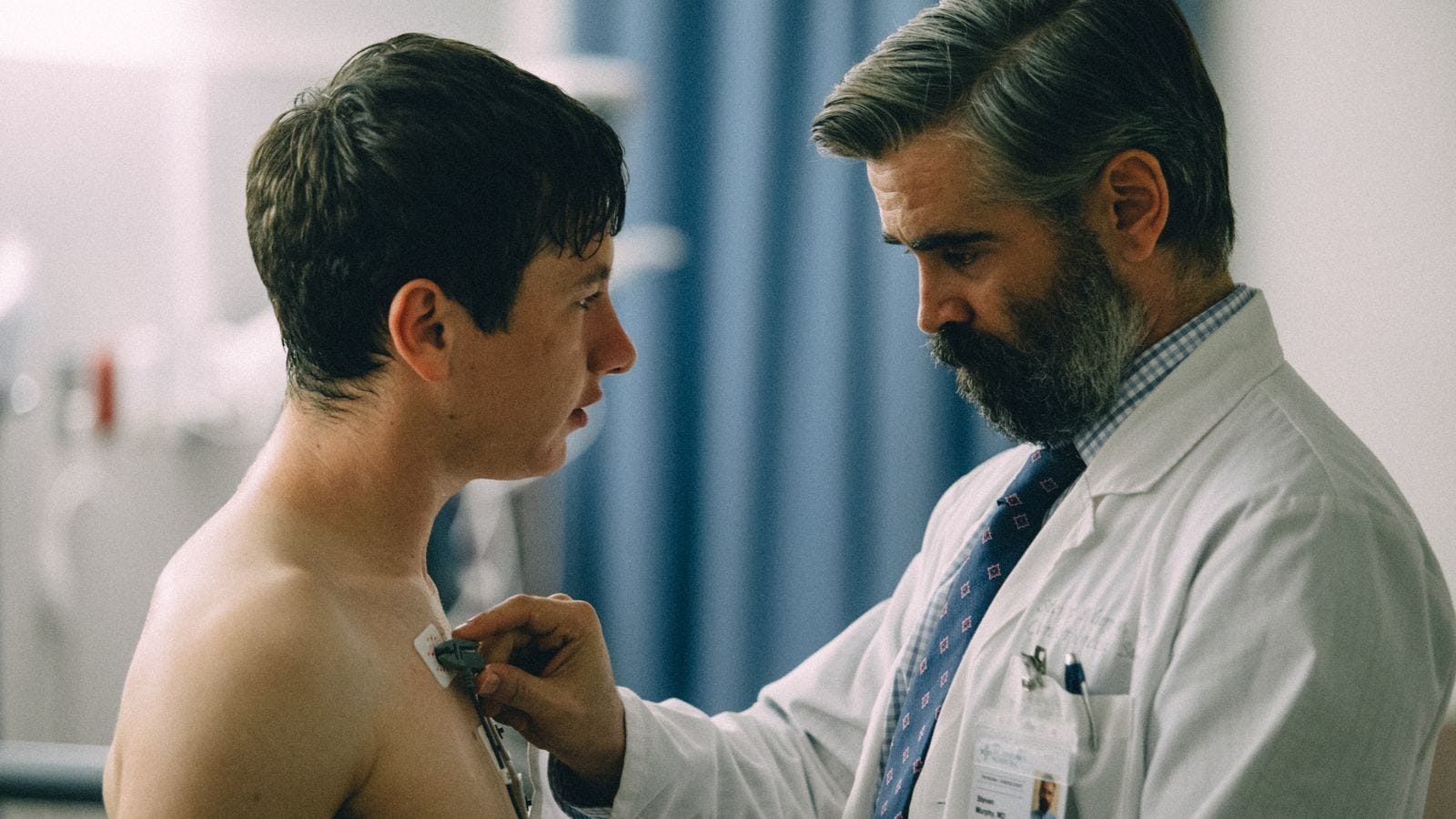
The Killing Of a Sacred Deer (2018)
The concept of cosmic justice is what fuels most of the dread-inducing action in this tense thriller starring Colin Farrell, Nicole Kidman, and Barry Keoghan. Pulling from Greek mythos, Lanthimos tells the story of Dr. Steven Murphy (Farrell), a cardiovascular surgeon living a somewhat sterile, though, by all appearances happy, life with his wife (Kidman) and two children. When he strikes up a friendship with a fatherless young man named Martin (Keoghan), his comfortable existence is upended.
Martin’s devious designs for Steven slowly reveal themselves as his children begin to sicken and his career flounders — consequences for a botched surgery performed by a drunken Steven that cost the boy his parent. Under Lanthimos’ direction, Keoghan delivers a spine-chilling portrayal of a misguided sociopath, a grief-stricken man balancing invisible scales as he tortures innocents, slops down cold spaghetti, and deadeyes his way through uncomfortable, violent confrontations. It’s how unaffected Keoghan appears by all of the chaos Martin conjures that makes this commentary on class, privilege, and the limitations of karma so nightmarish.
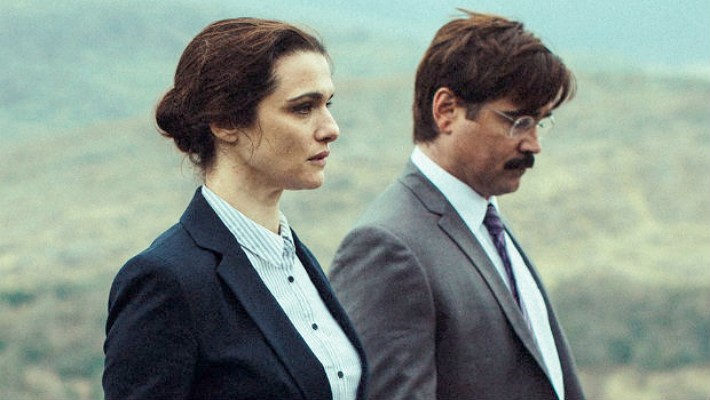
The Lobster (2015)
What if your very existence hinged on your relationship status? That’s the central question behind this bleakly funny comedy set in a dystopian future and starring Colin Farrell and Rachel Weisz. As David, Farrell sheds his leading man skin to play a chubby dud with a wilting mustache, large-framed glasses, and the winning personality of a wet blanket. He checks into The Hotel after his wife leaves him, hoping to find a match in 45 days. If he doesn’t, he’ll be turned into the animal of his choice — hence the title. The eclectic batch of fellow “guests” he meets challenge him in cruel and exciting ways, but it’s his romance with Weisz’s character, and the ambiguous end they meet that makes this the kind of film that lingers long past its rolling credits.
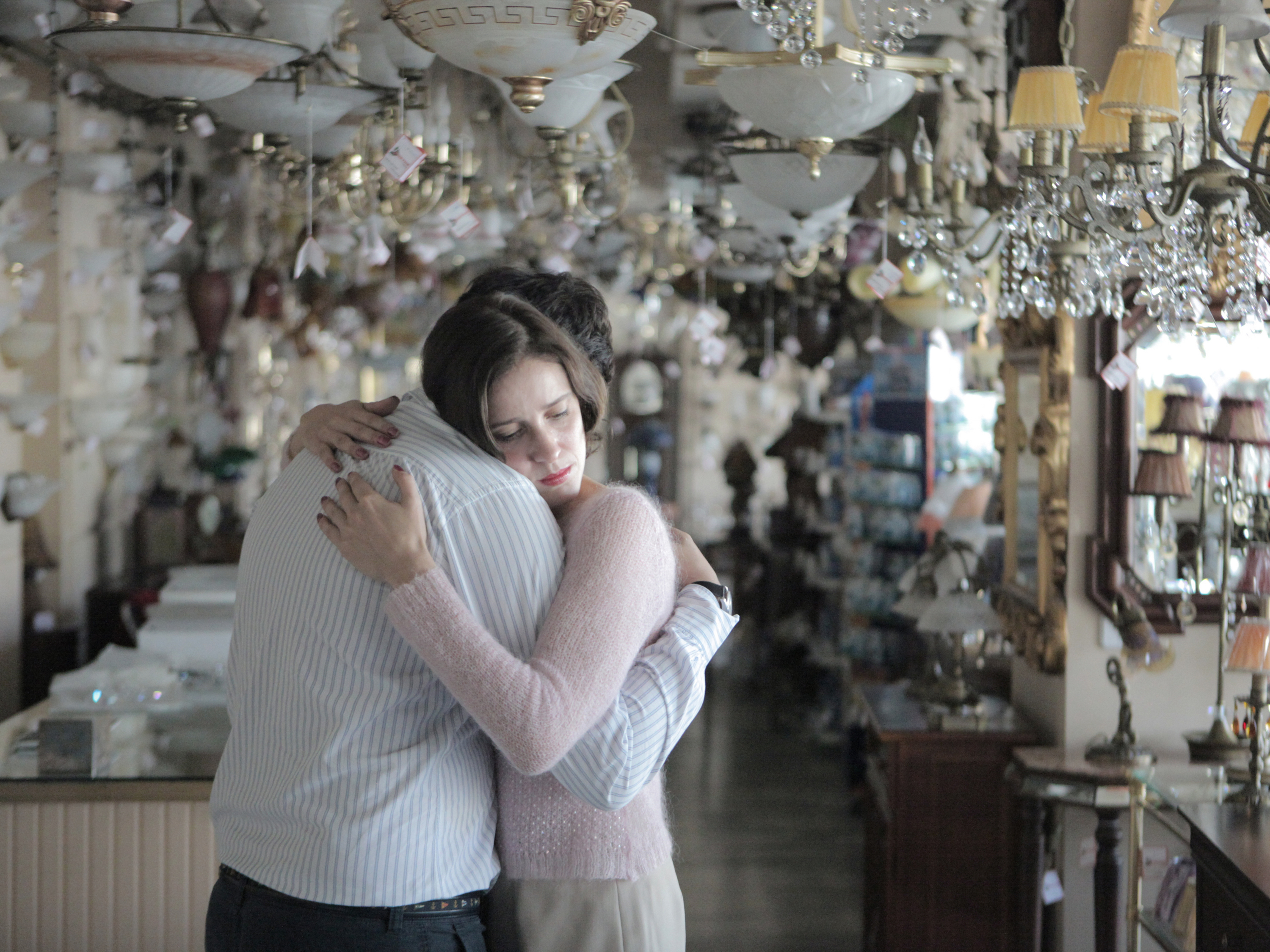
Alps (2011)
This Greek-language film contends with loss and grief in a way that’s uncomfortably thought-provoking and inappropriately funny. Angeliki Papoulia plays Monte Rosa, a nurse newly inducted into an agency called Alps whose members serve as stand-ins for dead relatives to help grieving families move forward. If that premise doesn’t make you squirm, seeing it play out with Monte Rosa impersonating a deceased tennis player, blurring boundaries, and losing more of herself with each familial scene likely will.
Questions of ethics aside, Lanthimos ramps up the awkwardness of this story by keeping its rhythm unpredictable — injecting violence, humor, and sex at the strangest times to make audiences feel as adrift and desperate as the main character. Everyone’s motives are suspect here, but the driving theme is one that feels universal: Is there a right way to mourn? And, if so, who gets to decide?
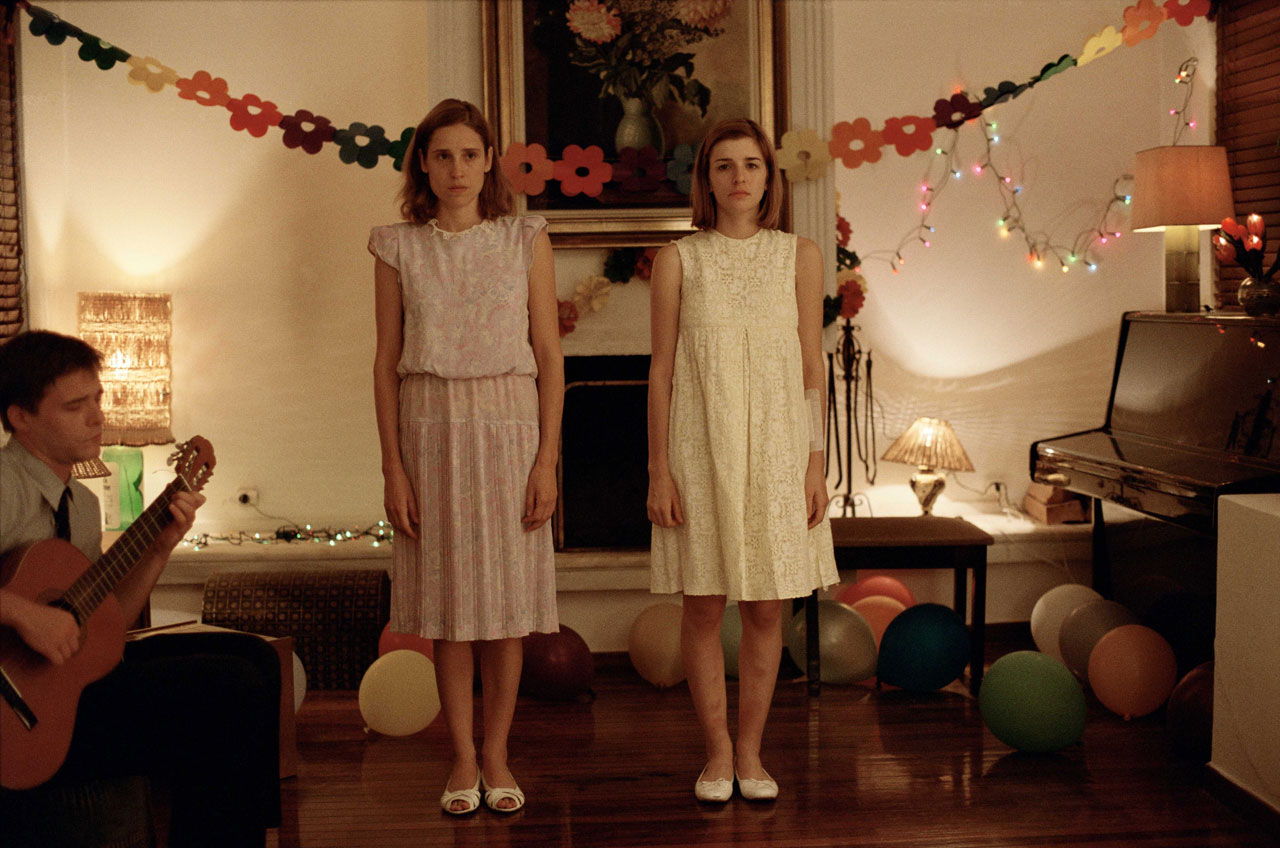
Dogtooth (2009)
Lanthimos reimagines the suburban nightmare with this sick, grim psychological drama about a trio of adult children living under the nonsensical tyranny of their parents. Trapped in their home, robbed of their names, and taught an invented language that keeps them from interacting with the outside world, the family at the center of Dogtooth is dysfunctional to a disturbing degree. Their isolation and deprivation push them to extremes — they murder cats, sexually experiment with one another, and reenact Flashdance performances. But when the eldest daughter gets a taste of life beyond their sad, fenced-in existence, Lanthimos makes the reasoning behind this tragic, incestuous experiment known.
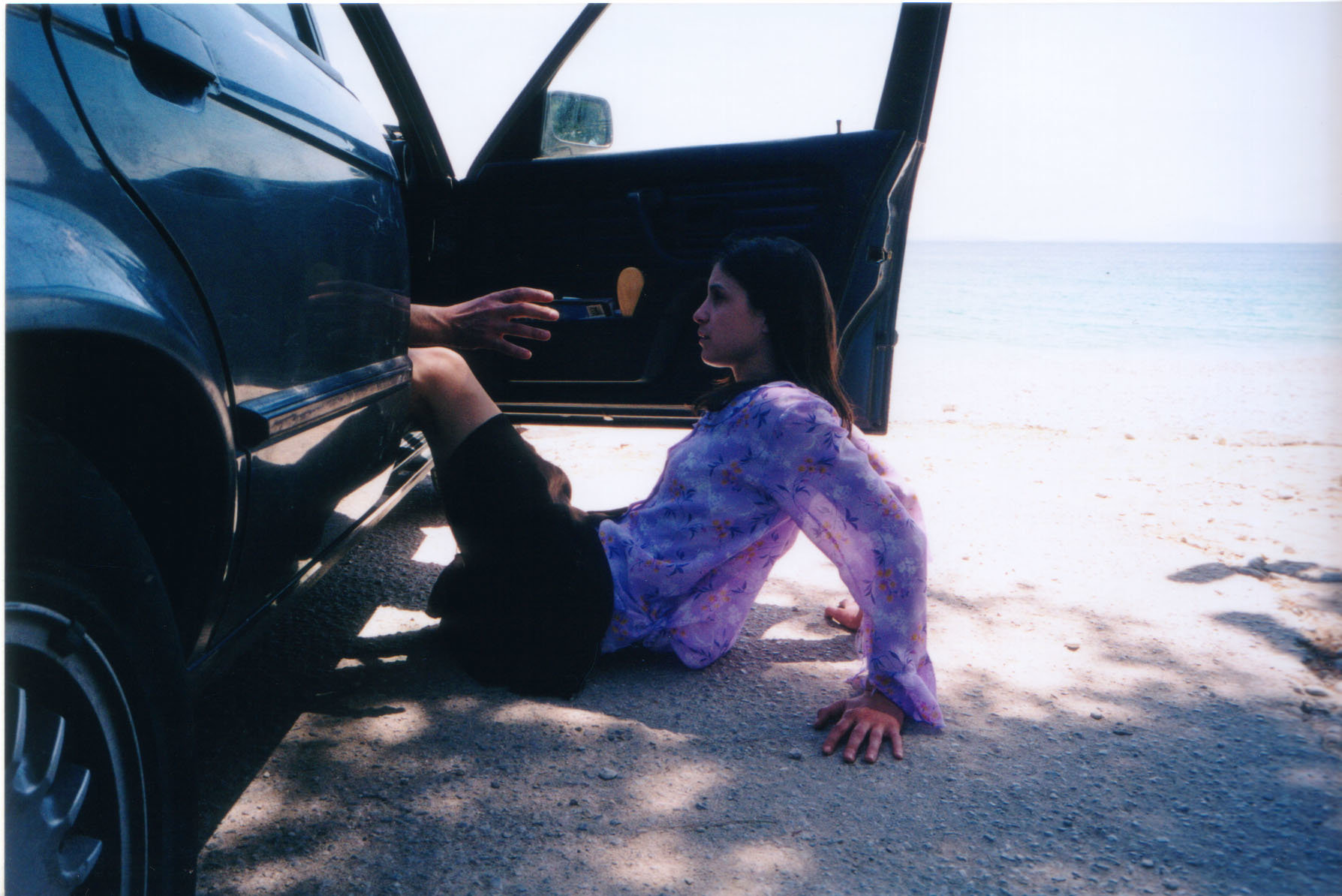
Kinetta (2005)
If you can’t stomach the 95-minute-long arthouse frenzy that is the director’s debut, we won’t blame you. It’s experimental in both the best and worst of ways, with camera work so shaking it will leave you nauseated and sparse dialogue that’s interrupted by human dog-barking. It’s just weird, and not in the clever, fascinating way so many of Lanthimos’ later works are. But, the seeds of his style and storytelling can be found here, in the premise of three strangers (a hotel cleaner, a police officer, and a photographer) who decide to recreate crime scenes together, and in the way he blurs reality and fantasy to make us question our own sanity.







